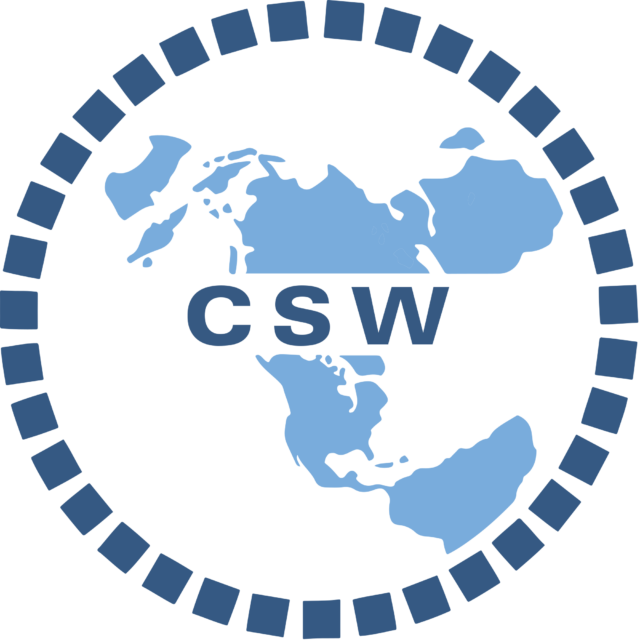Committee Overview
The United Nations has been concerned with women’s rights since its founding in 1945. The United Nations Charter promised in the preamble “to reaffirm faith in… the equal rights of men and women and of nations large and small.” At the first UN General Assembly meeting in 1946, Eleanor Roosevelt, a delegate from the United States, called upon all governments to encourage women to take a more active role in political affairs. Soon after, the Commission on the Status of Women (CSW) was established to promote gender equality and the rights of women worldwide. Its main role is to create recommendations and reports to the UN Economic and Social Council (ECOSOC) on improving women’s rights in areas such as politics, economics, education, and social matters. The CSW also addresses urgent issues affecting women and advocates for their participation in both national and international decision-making. Over the years, the CSW has played a key role in advancing gender equality and women’s empowerment globally.
Topic A: Women in the Informal Economy
Women make up a major percentage of workers in the informal economy as street vendors, seasonal workers, industrial outworkers, subsistence farmers, and domestic workers. Working in this ‘gray economy’ leaves many women without the protection of labor laws or benefits such as pensions, health insurance, or paid sick leave. This equates to lower wages and less safe working conditions. Presently, more elderly women than men live in poverty, since many women experience lower or unstable incomes. Women may also face occupational health hazards and the risk of sexual harassment when working. Delegates should aim to address the long-term impacts of limited social protections. Without social safety nets, women are vulnerable to abuse and exploitation within the informal economy. The informal economy accounts for about 60 percent of all global employment, so this is not a marginal issue. The international community should strive to help women transition to the formal economy and ensure that the informal economy is properly regulated. This will help achieve SDG 5: Gender Equality, as well as goals for decent work and economic growth, no poverty, and reduced inequalities. Women, regardless of their employment status, are to be ensured dignity, protection, and economic security.
Topic B: Role of Women in Leadership and Governance
Women’s rights have improved around the world since the Commission on the Status of Women (CSW) was created. However, women are still not fairly represented in leadership and politics. Women make up about half of the world’s population, but only hold about 27 percent of seats in parliaments and 23 percent of cabinet positions. Only six countries have women holding half or more of the seats in parliament, and just 16 countries have a woman serving as head of government. Women are also underrepresented in local governments and as voters. When women are given the chance to lead and be involved in politics, they often help reduce inequalities, make governments more responsive to citizens, and strengthen economies. They also tend to work with other women across political lines, helping decision-making bodies work together more effectively. However, even in countries where women are well represented in government, gender inequality still exists. Women also have intersectional identities based on their race, class, disability status, and more. Certain women might have greater leadership opportunities than others. CSW delegates should thus work to elevate women into leadership and ensure all women have a say in decisions that affect their lives.

